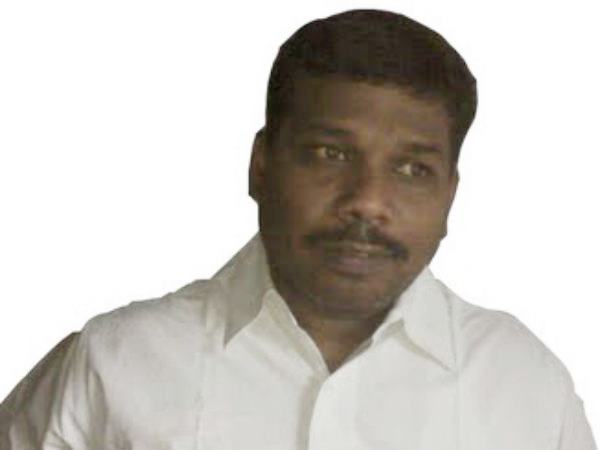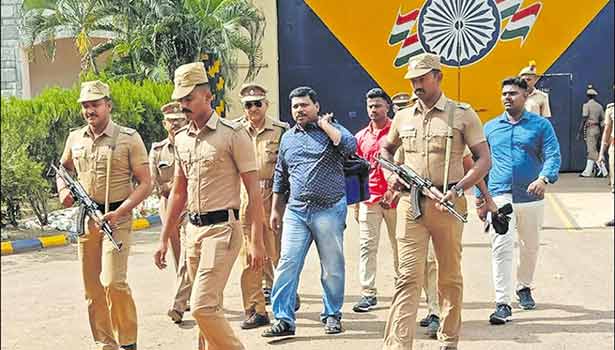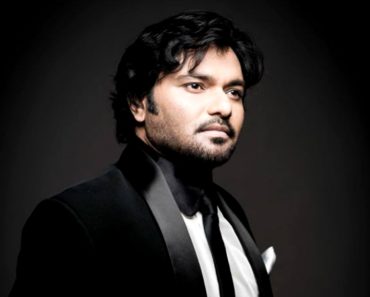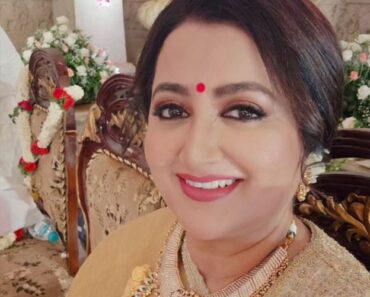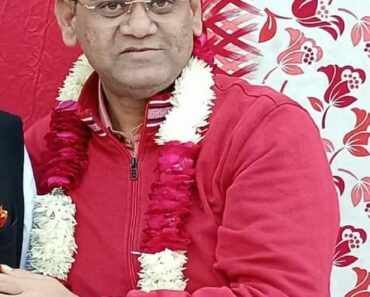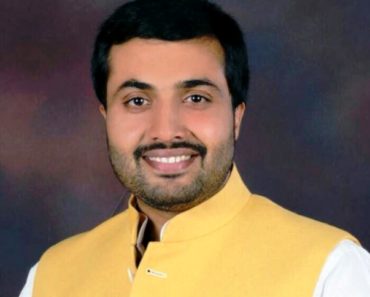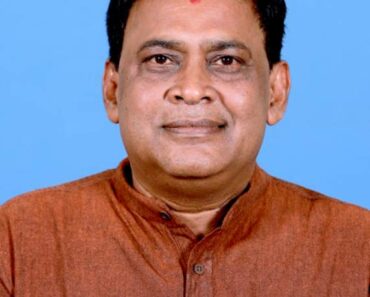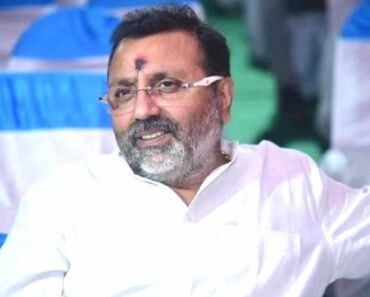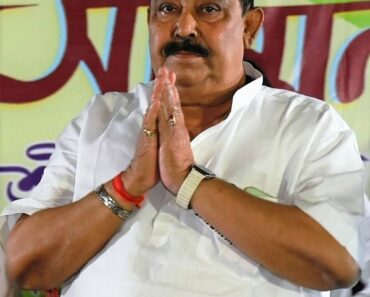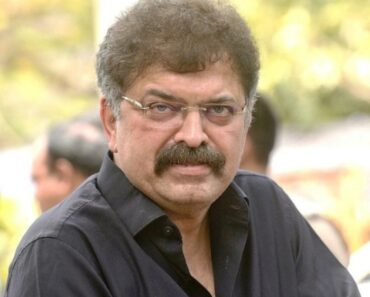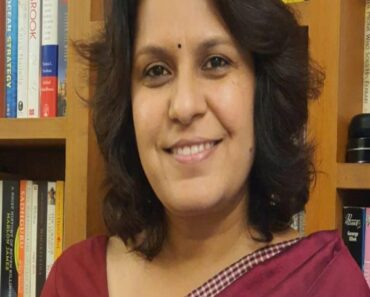B. Robert Pyas, a Sri Lankan Tamil, is one of the seven convicts serving life imprisonment in the Rajiv Gandhi assassination case. Payas was accused of providing shelter to the LTTE assassins. He is lodged at the Puzhal Central Jail in Tamil Nadu.
Contents
Wiki/Biography
Robert Payas or Robert Pious was born in 1980 (age 50 years; as in 2020) in Kokuvil, Jaffna, Sri Lanka. On 20 September 1990, 20-years-old Robert came to India along with his wife and a few other relatives and registered as refugees at Rameswaram. After a few days, they moved to Madras and started staying there.
Family & Ethnicity
Robert Payas was born into a Sri Lankan Tamil Family. [1]Indian Kanoon
Parents & Siblings
His father’s name is Balasundaram. [2]Indian Kanoon
Wife and Children
Robert Payas got married to R. Prema at a very young age. The couple has a son, Thamilko, who was born on 6 February 1991 at a private hospital in Chetpet, Madras. [3]The Hindu
Role in the Assassination
Robert Payas was a suspected member of the LTTE commando team who was sent to India by the LTTE to set up bases for Liberation Tigers of Tamil Eelam (LTTE) cadre. He rented two houses in Madras (now Chennai), wherein the conspirators stayed and prepared the plans. [4]Indian Kanoon
Trial and Judgement
After Rajiv Gandhi’s assassination on 21 May 1991, Robert Payas stayed on a run for a few days. On 10 June 1991, SIT (Special Investigation Team) arrested Robert Payas in connection with the assassination of Rajiv Gandhi. CBI investigated the matter and submitted its report. During his trial in a designated court of TADA (prevention) Act in Chennai, it was concluded through his confession and other evidence that Robert Payas was familiar with the conspiracy to kill Rajiv Gandhi. The court convicted him under the Terrorist and Disruptive Activities (Prevention) Act of 1987 and a number of Indian penal provisions. On 28 January 1998, the trial court pronounced a death sentence to Robert Payas along and 25 others. This decision agitated many legal experts and human rights activist in India. Human rights activists protested against the court decision and alleged that the trial was not transparent as it was held inside the closed court doors and the identity of witnesses were not disclosed to the public. As a result, the Supreme Court decided to consider the appeals to review the case. On 11 May 1999, the Supreme Court acquitted Robert Payas from the charges under TADA (Prevention) Act of 1987 and altered Robert Payas death sentence to life imprisonment.
Facts/Trivia
- Robert’s wife, R. Prema, is the sister of Jayakumar, another convict serving life imprisonment in Rajiv Gandhi Assassination case. [5]Indian Kanoon
- Robert Payas claimed during his trial that his one-and-a-half-year-old son was killed in action by Indian Peace Keeping Force (IPKF) before he came to India in 1990. [6]First post
- In 2014, the government of Tamil Nadu under Jayalalithaa sought to release the seven convicts imprisoned for life in Rajiv Gandhi assassination case. After this, the central government approached the Supreme Court against the decision of state. In 2016, a five-judge bench of the apex court pronounced that the Tamil Nadu Government did not have the authority to release convicts sentenced under a union law and a case investigated by CBI which is also central agency.
- In 2017, the year in which he completed 26 years of imprisonment, Perarivalan wrote a plea to the CM of Tamil Nadu, Edappadi K. Palaniswami, seeking mercy killing. He wrote,
I have come to the conclusion that there is no use living when there is no scope for release. Hence, I beg you to ‘mercy kill’ me and hand over my body to my family.”
- In November 2019, the Madras High Court granted 30-days parole to Robert Payas for making arrangements for his son’s wedding. This was the first time he walked out of prison since his rest in 1991.
References
| ↑1, ↑2 | Indian Kanoon |
|---|---|
| ↑3 | The Hindu |
| ↑4, ↑5 | Indian Kanoon |
| ↑6 | First post |

